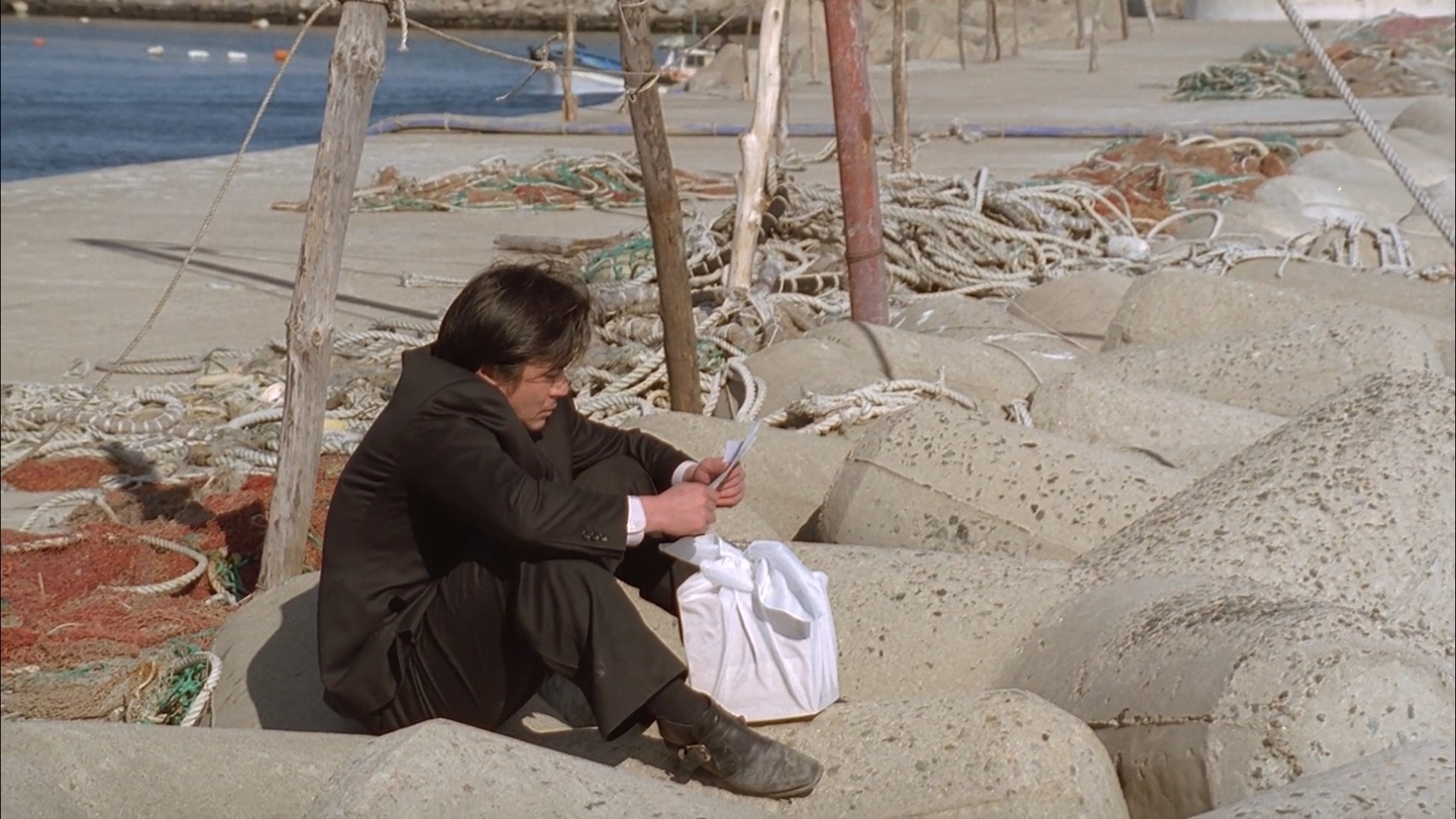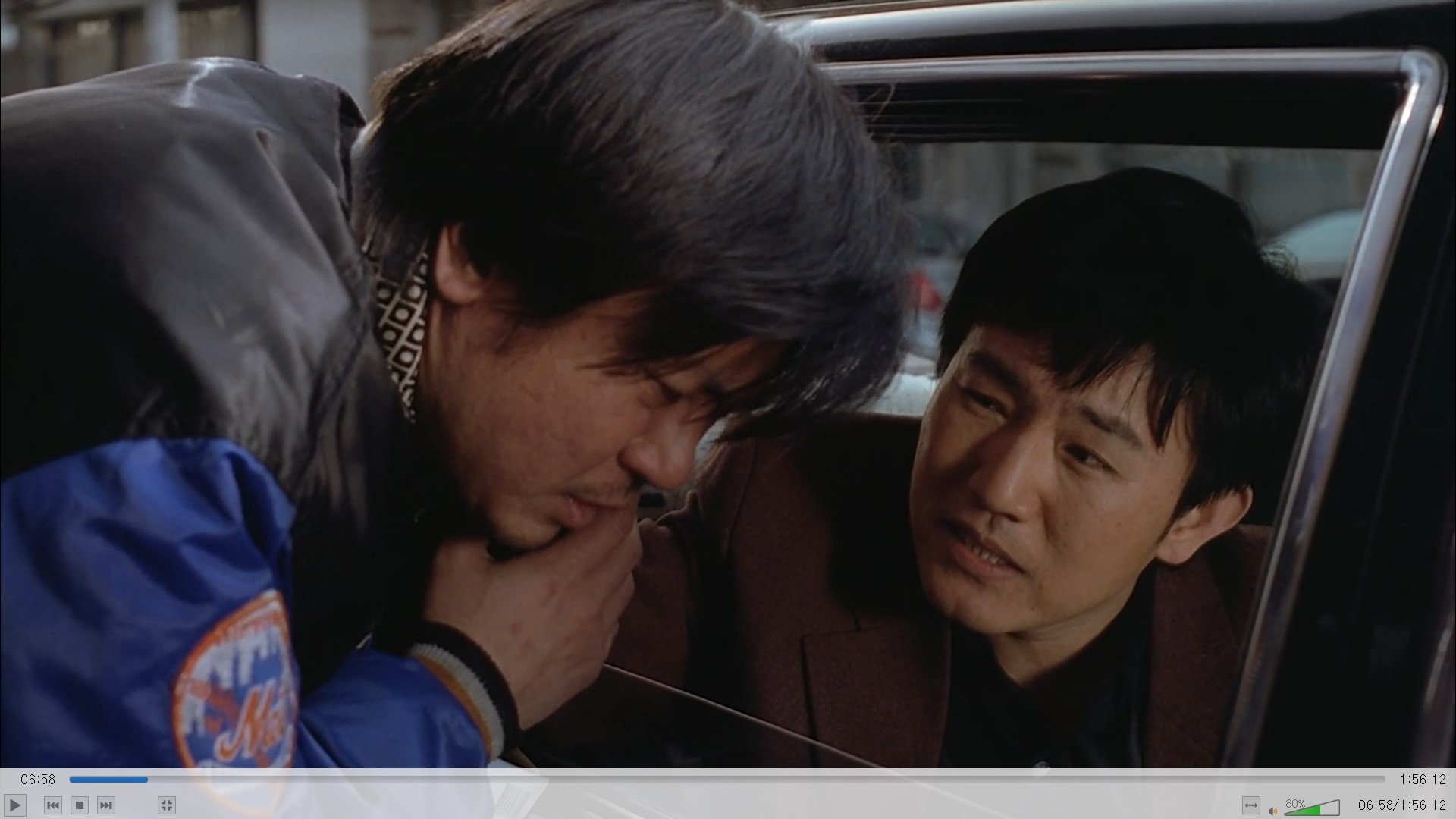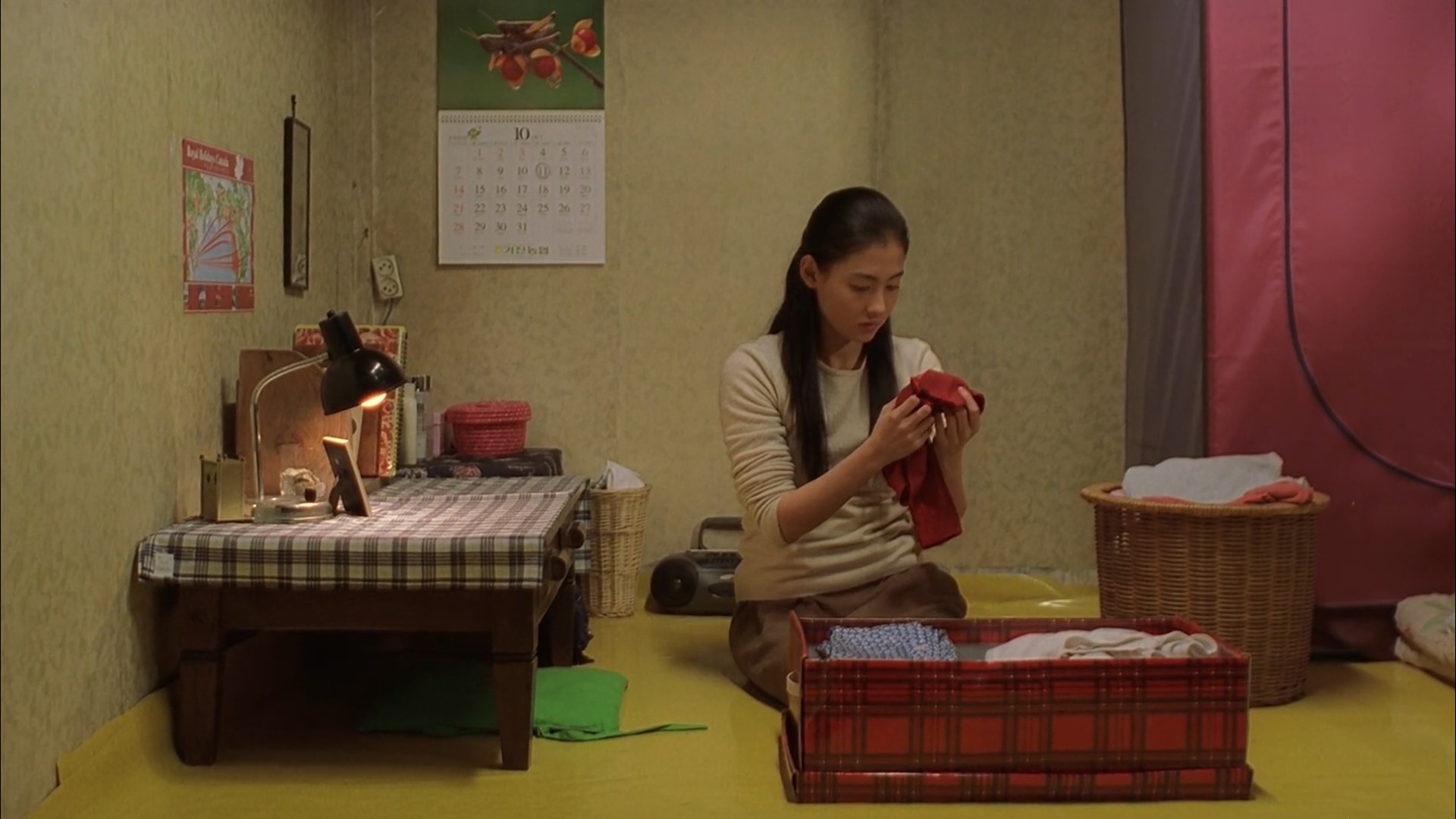In this blog post, we’ll discuss the genre characteristics of the Korean film Failan.
My personal view on the genre classification of melo-romance films
Every information search starts with the Internet, but the conclusion that the Internet, which I trusted with my information search, gave me was very curious indeed. When I searched for the movie “Failan” in the search bar, I found that the movie’s introduction categorized the genre as “melo-affectionate romance”. It is true that melo, love, drama, and romance are generally categorized as the same genre, but just as not all movies that contain the same melo, love, drama, and romance can be called the same genre, I felt that some distinction was necessary.
So here are my shallow, short, and very personal opinions, based on my lack of exposure to the movie industry. First of all, romance, melo, and drama are all the same in the sense that they tell a love story between a man and a woman or a human being. However, romance is a very ordinary love story between a man and a woman. However, isn’t it a movie that makes us dream by making a difference from everyday life? The true flavor of a romance movie is to add a little comic element to the everyday love story to make the love story sweeter. For example, Notting Hill, Pride and Prejudice, etc. are movies that depict the everyday story of a man and a woman, but add comic elements and end up with love.
In comparison, melo is a bit more serious than romance. While romance often ends in tragedy, and romance is about the innocent process of love blossoming, melo is about the sadness and dark emotions that come with the end of love. As such, melos are full of extraordinary themes, such as infidelity and illness. However, I think it’s ironic that these extraordinary themes are so common that consumers, or audiences, feel them as everyday.
The genre of drama deals with the relationship between a man and a woman, but it doesn’t limit them to just a mournful or sweet love affair, but treats them as human beings who communicate with each other. In other words, it deals with human relationships, but I think drama deals with humanism in particular. So I think it can be said that the reflection on life or the attitude towards life that can be felt in their relationship is illuminated more than the affection between a man and a woman. For example, the Korean movie “The Birth of a Family” and the Japanese movie “The Taste of Green Tea” express this very well.
So, what genre is the movie “Failan”?
Based on my subjective analysis above, I would say that “Failan” is a genre that combines melo and drama. The movie treads a bit of a gray area, as it’s not overly sweet like a romance, not overly serious like a melo, and not overly serious like a drama, but I think the best genre to describe it is melo + drama. We’ll see why in the future.
About Failan
“Failan” is a movie created by South Korean director Song Hae-sung and released in 2001. It is based on the short story “Love Letter” by Japanese writer Jiro Asada. The setting was changed from Japan to Korea, and details such as the female protagonist’s job in Korea were adapted slightly. The movie attracted attention because it stars Choi Min-sik, who rose to stardom with “Shiri,” which made a big splash in the Korean film industry at the time, and Zhang Baek-ji, who was solidifying her position as an actress in China with films such as “The King of Comedy” and “Sungwon.

The plot of Failan
Kang Jae (Choi Min-sik), a third-rate thief who works for a gangster organization distributing illegal pornographic videotapes, makes a meager living, spending ten days in and out of detention at the police station for distributing defective goods. However, he has a simple dream of one day buying a ship to take back to his hometown. One day, he finds a letter from a woman and remembers that he lent his name to a sham marriage to Failan (Zhang Baiji), a Chinese woman who came to Korea for work years ago. Although it was a sham marriage that Kang Jae was forced into for money, he realizes that the woman considered him her benefactor and husband and has always been grateful to him, and he is saddened to learn that she recently died of tuberculosis. He realizes that even though they were only on paper and had never met for five minutes, she was the first person to tell him that she appreciated and loved him for living a third-rate life. Kang-jae comes to realize that his life is worth living, but a short time later, his friend, a gang boss, is caught up in a crime committed by his former gang boss and killed, and the film ends with a shy song by Failan for Kang-jae that his friend Yong-sik filmed years earlier.
In this way, the film is the sum of melody and drama, not only a love story between a man and a woman, but also the problem of choosing between money and one’s honor, and the alienation of human beings in modern society.
Failan Character Analysis
The male protagonist, Kang Jae (Choi Min-sik), can be said to lead the entire story. Kang-jae is a gangster in Incheon, living a third-class life, working in a gang and doing odd jobs to make ends meet. This is evident from the very first scene, when we see him in raggedy clothes, blackmailing an arcade owner for coins and spending his time on the streets playing arcades and doll machines. While he considers himself a lowlife, he’s also a simple man with a simple dream of owning a boat and returning to his hometown. That’s why he’s able to feel so much pain over Failan’s death, unlike other thugs.
What if he had been an ordinary, low-level thief, he wouldn’t have read Failan’s long letter before he died, and even if he had, he wouldn’t have grieved so deeply. By letting the audience know early on that he is a man who lives with simple dreams in his heart, we can see that Kang Jae’s grief over Failan’s death in the second half of the movie is given some context. In short, he’s a socially acceptable, white-collar thug on the outside, but a vulnerable and sensitive person on the inside. Although he robs street vendors for money to make a living, he can’t refuse his best friend’s request, can empathize with the loneliness of a woman who dies alone, and is angry when he realizes that the death of one person doesn’t have much of an impact on society.
The female lead, Failan (Jang Baek-ji), objectively speaking, doesn’t have much of a role in the movie. Her death and Kang-jae’s acceptance of it are the main focus of the movie. However, her tightly pursed lips and innocent-looking face serve as a ray of light in the movie’s downward spiral, and I think casting a Chinese actress really helps to convey her sense of strangeness, loneliness, and heartbreak as she steps into a foreign land. And like Kang Jae, she sticks to her character’s innocence. The way she cherishes the cheap scarf that Kang-jae gives her as if it were his alter ego until the moment of her death makes us feel her innocence and innocence.
However, she is not a stereotypical innocent woman like the women in Mello. The part where she bites her own tongue in the bathroom and bleeds to death to escape being sold to a brothel and pretends to be a tuberculosis patient to escape the crisis shows her active will and wit for life, which makes us wonder if she felt love for Kang Jae not because she was naive, but because she leaned on him for the loneliness she felt in the other world.
She may have been unable to live without relying on someone to endure her loneliness. From this point of view, it can be said that Kang-jae is the one who is more introverted, and Failan is the one who is more outgoing. Their love came from the symbiotic relationship between these complementary characters.
Failan Plot Structure
The ‘Failan plot’ was already mentioned above, but there is a clear difference between plot and story. A plot merely reveals the development of the story over time, while a plot reveals the inner causality of the characters necessary to prove the theme of the work. Therefore, this time, we will look at the plot organization of ‘Failan’.
“Failan” could have ended with a simple, straightforward story: “A woman who lives in a different direction died in a car accident, and she had a husband who was married under false pretenses, but deep down they were in love.” But it’s the backwards plot that makes it so moving. The story begins with a letter that arrives at Kang Jae one day before Failan’s troubled life, and it’s through her letter and Kang Jae’s understanding of her life in Korea, step by step, that the movie resonates. It’s also poignant to see into her life knowing the conclusion of her death.
The double-plot structure, in which the lives of Kang-jae and ‘Failan’ are told separately and together, makes the movie never boring. A double plot is when two stories are intertwined to form a single narrative, which is called monogenesis (一元的二主题). Two similar or contrasting stories enhance each other’s effect. The movie “Failan” can be called a double plot because Kang Jae and Failan’s respective stories intertwine.

The story of Kang Jae
Kang-jae is at a crossroads, choosing between his love for Failan and his life and money. In this respect, you can see that the movie Failan is not just a movie about unfortunate love. When Kang-jae’s friend, a gang boss, accidentally kills a man, Kang-jae is offered money to buy a boat in exchange for going to prison instead. So Kang-jae has a choice to make. The offer is appealing to Kang-jae, whose only wish is to buy a boat and return home to enjoy a little happiness. With no expectations and no hope for his current life, he can’t help but be drawn to the offer. So he accepts the offer without much thought, and in the middle of it all, he comes across the story of Failan. Seeing Failan’s love for her husband, who brought home hard-earned money and made the most of every moment, makes Kang-jae feel affection for his own life, and when he goes to the police station to report Failan’s death as her husband, he is outraged by the police’s response that a person’s death is just an administrative paperwork. This is where we get a glimpse of the human drama element of the movie. Feeling attached to his life anyway, Kang-jae cancels his friend’s offer to serve as a substitute in prison. However, fearing that he will be accused, the friend sends someone to murder Kang-jae, and so, like Failan, Kang-jae’s life ends in death.

The story of Failan
The story of ‘Failan’ is told in a reverse-sequential plot, and it is many years before Kang-jae’s conflicts and difficulties. The story of her life in a different city, growing a love for him with only one photo of a man she met once and a red scarf he left behind, is somehow unlikely. In the original story, the woman who plays Failan doesn’t work in a laundry, but as a hostess, and her liver is weakened by her job and the birth control pills she takes because of her promiscuous sex life sounds more convincing than the cause of her death in the movie. Here, it’s possible that the filmmakers chose this element on purpose for the sake of a tender love story.
Looking at the double plot of “Failan” in isolation, I think it would have been very boring to make a movie about just the lives of Kang-jae and “Failan” separately, especially since the movie is told from Kang-jae’s point of view, so when he feels sad, the audience feels it too. If you watch the plot of Failan in isolation, it would be boring, and that’s when you realize the power of a double plot.
Failan mise-en-scene
No matter how solid the script and talented the actors, the mise-en-scene is crucial because movies are a medium made for the eyes. We’ve seen countless movies with good stories that were ignored because the mise-en-scene was a mess.
In ‘Failan,’ the setting is primarily a beach. It’s on a train running on the Sokcho Coastal Railroad where Kang-jae reads the letter that tells the story of ‘Failan’, and the winter sea beyond the running train is a good match for the mood of the piece. The seaside is also a fitting setting for Failan, who works at a laundromat in a small fishing village. It highlights Failan’s innocence as she rides her bicycle through the alleyways and enjoys her work.
The temporal setting of winter also plays a role. When Kang-jae cries out over Failan’s death, it’s in the vast expanse of Sokcho’s winter sea, which effectively shows the harsh reality and warmth of Kang-jae’s humanity.